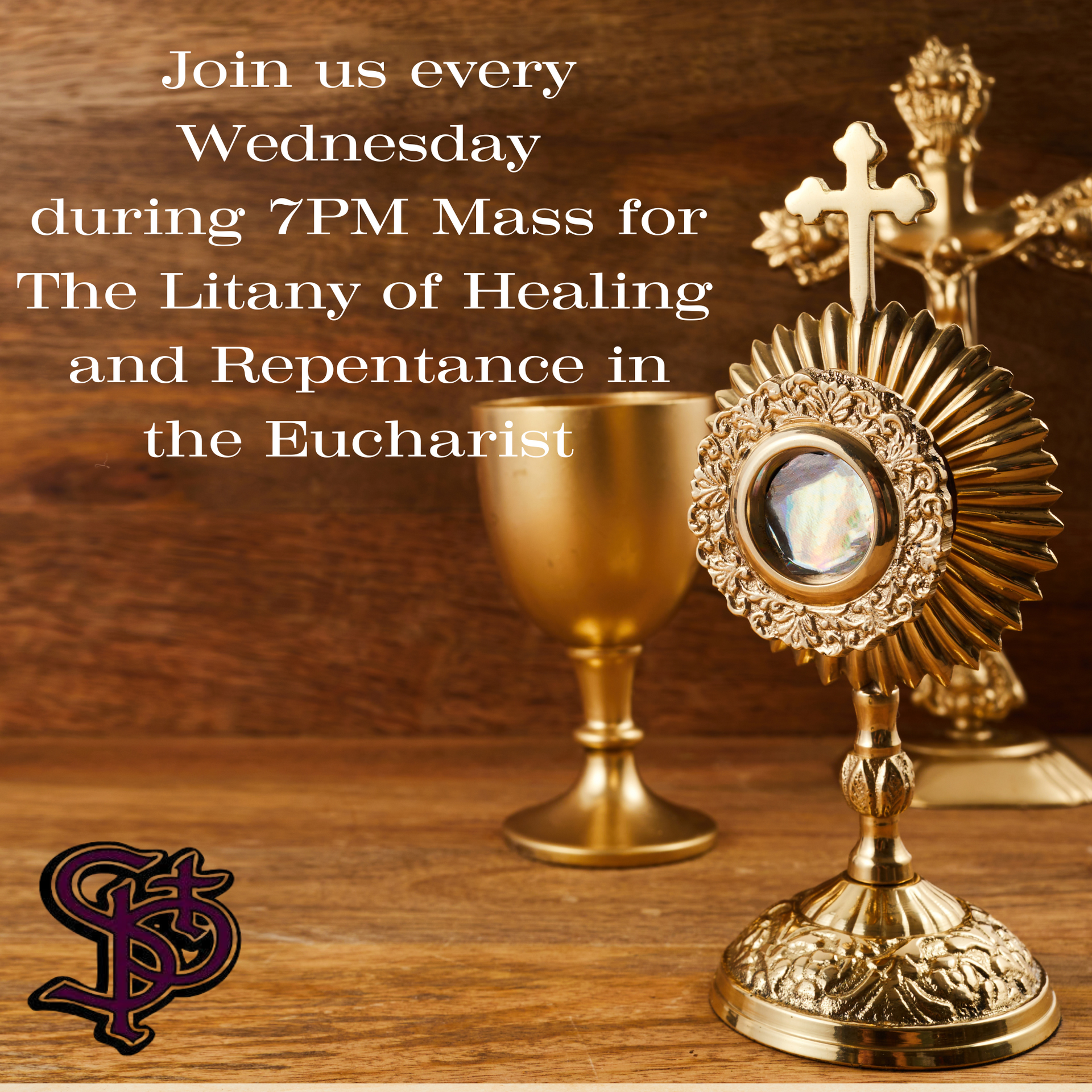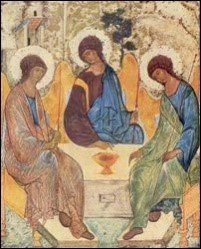Giving and Receiving

Joke: A six-year-old boy, home from his first day at church, was asked what he thought of the Holy Mass. "It was OK," he replied, "but I think it was unfair that the pastor at the altar did all the work, and then a group of people came around and took away all the money."
The eyes of the boy might deceive him from what he observed the first time at Mass because Mass is not all about the collection only. It’s far more than important is the celebration of the Most Holy Eucharist in remembering the Lord Jesus’s Last Supper with his disciples. Every time we attend Mass is every time we give thanks to God for the gift of life, it is Thanksgiving itself. The innocent eyes of the little boy give us a gleam of understanding of giving and receiving. What does it mean to give and what does it mean to receive in the light of the teaching of today’s readings?
In today’s first reading and the Gospel, they presented two poor widows, or rather, two stories about the generosity of two poor widows who sacrificially gave their whole lives and the means of their livelihood to God. The sacrifice of these two widows symbolizes the supreme sacrifice that Jesus would offer by totally giving up his life for us.
In today’s first reading, taken from the First Book of Kings, a poor widow had just enough food for herself and her son the last meal before they went hungry. She welcomed prophet Elijah, as a man of God, shared her food with him, and she received in return by having her daily supply that lasted for a year. This widow helps us to recall the words of the Lord Jesus reported in the Acts of the Apostles saying, “There is more happiness in giving than in receiving” (Acts 20:35). In giving, the widow shared what was her last supply that she was able to receive for a whole year’s supply for both herself and her son. What is it that in her small giving she receives more than what she gives if it’s not out of love?
In today’s Gospel, another poor widow contributed “two small coins worth a few cents” with all the love she had for God that the Lord Jesus declared that she had found true honor in God’s eyes through her true humble and sacrificial offering. Giving reminds me of our children’s collection at 8:30 AM and 11:00 AM Masses on Sundays. In observing children put the money in the collection bag, even though it’s a small amount, they place it in the bag with joy. Some of them were overjoyed and slammed a heavy high fine. I’m sure that some of them don’t even realize the value of the dollar that they put it in, maybe they know, but it is an insignificant amount of money that they just drop in with a blink of an eye. It’s either they understand the value of the dollar or not, they put it in there with joy. Some children gave a big smile. In giving, they find joy. Some of them put it in the collection bag just for the sake of a high fine. In receiving, even though it’s not for myself, I find joy as well. What about us adults? We don’t mind living in a house that costs at least some hundred thousand dollars and driving an expensive car, but we put in the collection what is called some change or what is leftover. We don’t mind spending money to dine in a restaurant with delicious meals, but we put it in what is called change when we come to Church. We don’t mind spending money on drugs, alcohol, and shopping for unnecessary, but we count pennies to help the Church. I know some of you are very generous in giving to the Church, not only monetary but also energy and time. In giving, I hope and pray that you find joy and peace in the Lord Jesus. It is a good investment for 401K for your eternal life after this life.
The eyes of God judge through the heart of the person and not through the appearances that we, human beings, often fail to judge. This kind of offering mentioned in today’s Gospel is taught by Saint Paul in his first letter to the Corinthians community saying, “If I give away all that I possess, piece by piece, and if I even let them take my body to burn it, but am without love, it will do me no good whatever” (1 Cor 13:3). The love, the burning desire within, stirs up these widows and delivers that burning desire into action, to offer what they have for the love of God. These two poor widows, reported in today’s first reading and the Gospel, give away all that they possess for the glory and the love of God. In our giving, either spending time to come to Church or to pray, either spending time to pray in this group or that group, either spending time for each other in a relationship or with the children in the family, or spending time to help others in need, or providing a listening ear to those who are stressed, have we done all these with love, the burning desire of our heart? Or we might do it with an expectance of return of favor or recognition. In our giving, have we given selflessly or purposely? In our giving, have we given with love or with an intention?
A priest once shared a true story. He came to visit a parishioner’s house. After the dinner, the man gave him a box of three lobsters and reminded the priest saying, “Father, the box has three lobsters.” “You give it to me right?” the priest asked. “The first lobster,” the man said, “is to pray for my wife’s deceased parents. The second one is to pray for my family, and the third one is to pray for my intention. I intend that you give back the box to me.”
In giving portrayed in these two widows, we are reminded of a special love that Jesus modeled for us that we called agape, the supreme love, the sacrificial love offered unconditionally that is mentioned in today’s second reading that St. Paul tells us how Jesus, as the High Priest of the New Testament, surrendered himself totally and unconditionally, as a sacrificial offering for our sins—a sacrifice far beyond the sacrifices made by the two poor widows. Is it possible to love without giving? The total self-giving is exemplified supremely in Christ, who loved us and gave himself up for us, what have we done to deserve the love that the Lord has for us?
Through the offerings of these two widows, has the Lord looked at their intentions, their offerings, or both? These two widows offered to the Lord everything they had, detached from everything they had, what have we detached in following the Lord Jesus? Three theological virtues: Faith, Hope, and Love, which one drives these two widows to act generously with all that they have if it’s not love? Or rather, it is all these three virtues that are kneaded together to make a strong robe for them to climb up to be caught in God’s eyes? How do we live our Christian life based on these three theological virtues of faith, hope, and love? The decision is yours.









